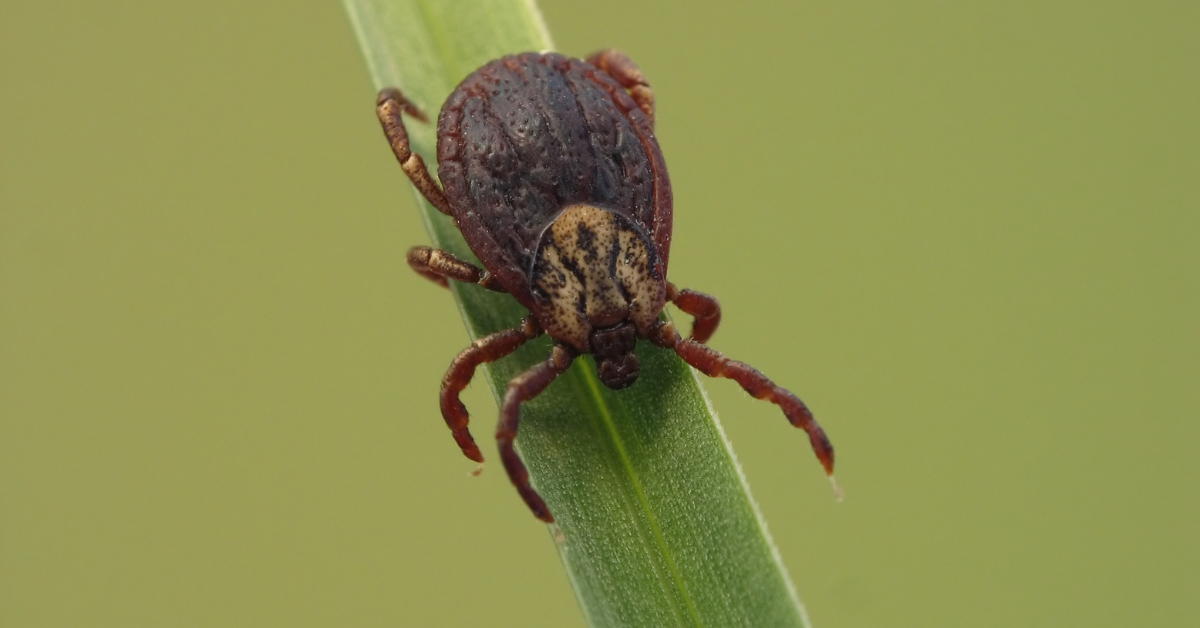
As the cooler weather sets in, most of us look forward to a respite from pesky insects like mosquitoes and ticks. However, the reality is that ticks don’t necessarily go away during the colder months. In fact, they remain active and can continue to pose a threat to humans and animals. This is especially true in milder climates or during warmer spells, where ticks can be found questing for a host.
In this blog, we’ll delve into the behavior of ticks during winter, the risks they pose, and the steps you can take to protect yourself and your loved ones from tick bites even when the temperatures drop.
Tick Behavior in the Winter
Many people think ticks disappear in winter, but this is not the case. Adult black-legged ticks, which transmit Lyme disease, actually become more active after the first frost. This is because deer, their main hosts, are more active this time of year. If deer are unavailable, black-legged ticks will attach to humans or pets when the weather warms up.

Other species of ticks, like the American dog ticks and Lone Star ticks become inactive in winter. Black-legged ticks, however, only reduce activity when temperatures drop below 35 degrees Fahrenheit, or the ground is covered in snow. To effectively kill ticks, lasting temperatures below 10 degrees Fahrenheit are needed. It is important to remain vigilant about ticks and tick-borne diseases even during the winter months.
Protecting Yourself from Tick Bites
Even in the winter months, it’s important to take precautions to protect yourself from ticks. If you’re venturing into wooded areas or areas with tall grasses, be sure to wear long pants and long-sleeved shirts. Applying a tick repellent that contains DEET or permethrin to your skin and clothing can also help deter ticks. After spending time outdoors, be sure to check your body and your pets for ticks. If you find a tick on yourself or your pet, remove it promptly. Taking these precautions can help reduce your risk of tick bites and the diseases they may carry, even during the winter months.